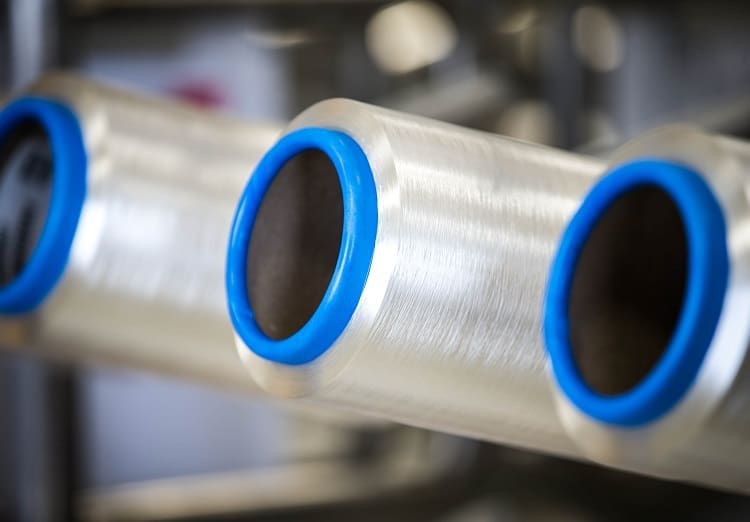Ever since the onset of the novel coronavirus, textile companies have been working tirelessly to come up with new innovations that can help protect frontline workers and the general public alike. Here are all the textile developments available in the market today-
SIYARAM’S ANTICORONA FABRIC
99.4% EFFECTIVENESS AGAINST CORONAVIRUS: Menswear fashion in India has become almost synonym
ous with Siyaram’s – a company that has been producing world-class suits catering to the Indian market for over four decades now. Dedicated to constant innovation and a forward-facing outlook, the company collaborated with HealthGuard to release a range of anti-coronavirus finishes on textiles that have passed trials in WHO-certified labs – a huge leap forward in the fight against the virus.
SUSTAINABLE, BIODEGRADABLE MATERIALS: Made sustainably, the fabric is also soft to touch. The texture, designs and colours of the fabric remain undisturbed by the antiviral finish. Keeping the Post-Covid era in mind, the fabric is designed not to be a trend, but a necessity.
HOW IT WORKS: The fabric is made by applying ‘Cosmetic-based chemistry’. It is made of positive compounds, so when it comes into contact with negative compounds, it destroys the outer lipid coating of the virus, thus rendering it inactive in a matter of seconds.
DONEAR
NEO-TECHNOLOGY: Donear, a Mumbai-based company has collaborated with Swiss-based HeiQ, to launch a range of antiviral fabrics that use neo technology. HeiQ’s Viroblock NPJ03 technology is not new. Trusted for years, the technology was tested for its efficiency on the novel coronavirus and was approved. Since the technology embeds the chemical into the fabric structure rather than coating it, it is built to sustain multiple washes and kill the virus within 30 seconds.
LENZING x RUBY MILLS
Ruby Mills has collaborated with Lenzing to release fabrics based on ‘H+ technology’. This technology can be applied to fabrics such as cotton and polyester even in the later stages, when they have already been processed. This fabric had been in development for years, originally to curb the spread of MERS. to combat COVID-19, the fabric simply needed some modifications.
TRAJET: SELF CLEANING FABRIC

In a bid to make public transport safer amidst the coronavirus pandemic, a french company ‘Trajet’ has developed a velvet fabric that has disinfecting properties, using a process called ‘photocatalysis’. They say that they have integrated a conductor, called a ‘catalyst’ into the fabric. When in contact with UV rays, it oxidises compounds and turns them into harmless molecules, like water or salt. Tested on many viruses and bacteria, results are remarkable with most pathogens destroyed within a mere minute. The french city of Lyon has already equipped some trains with this velvet and other cities in France may follow the same example.
VOMARIS INNOVATIONS
ELECTROCEUTICAL MATERIALS: The technology wirelessly generates electric fields across the surface of the fabric . The polyester material is printed with alternating spots of zinc and silver resembling polka dots. The spots themselves are 2 millimetres wide with a space of 1 millimetre in between. When dry, it functions as any other fabric. But the moment it gets dampened by saliva, vapour or bodily fluids, ions in the liquid trigger an electrochemical reaction. A weak electric field around the zinc and silver spots zaps the pathogens on the fabric surface.



